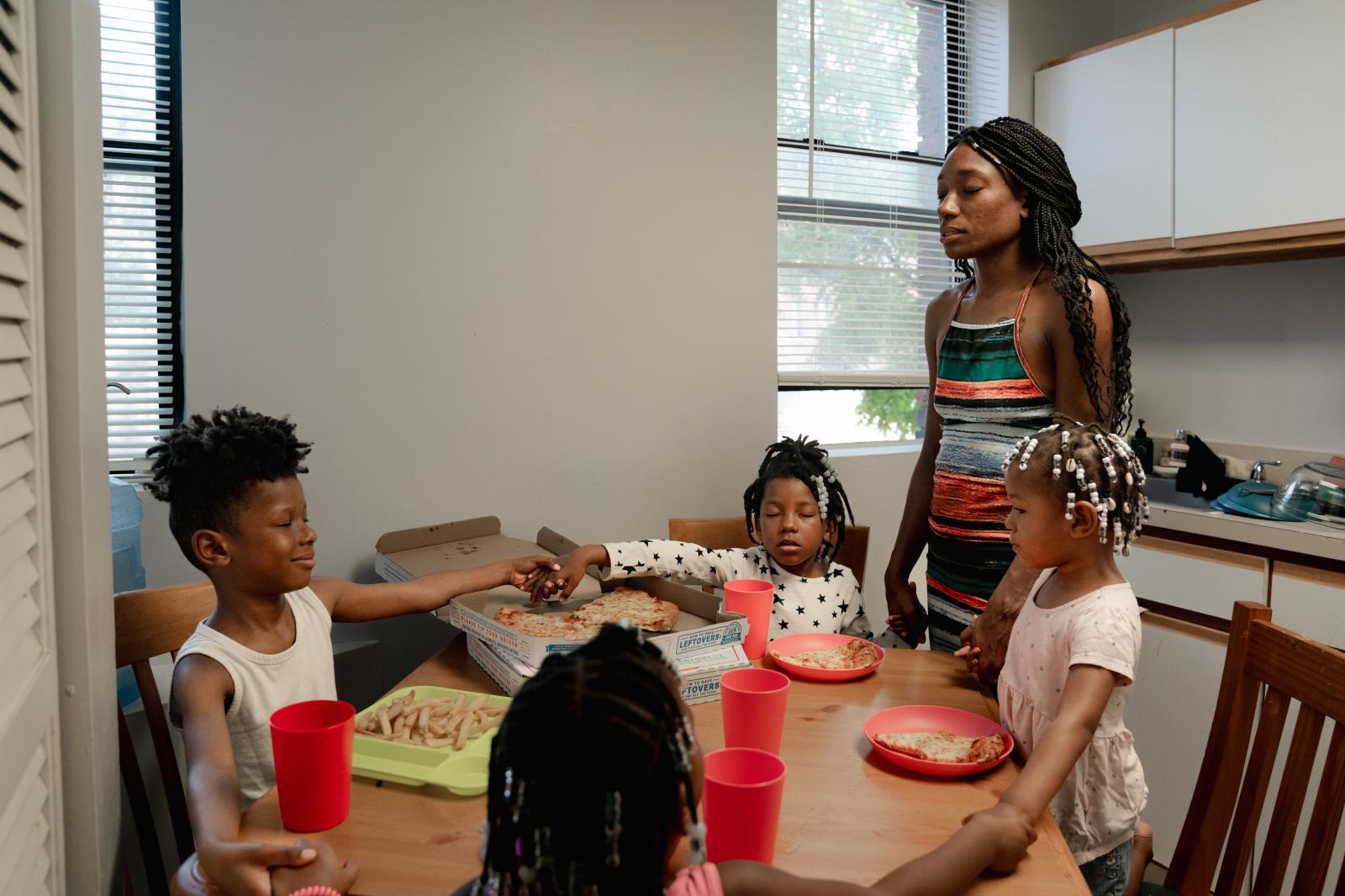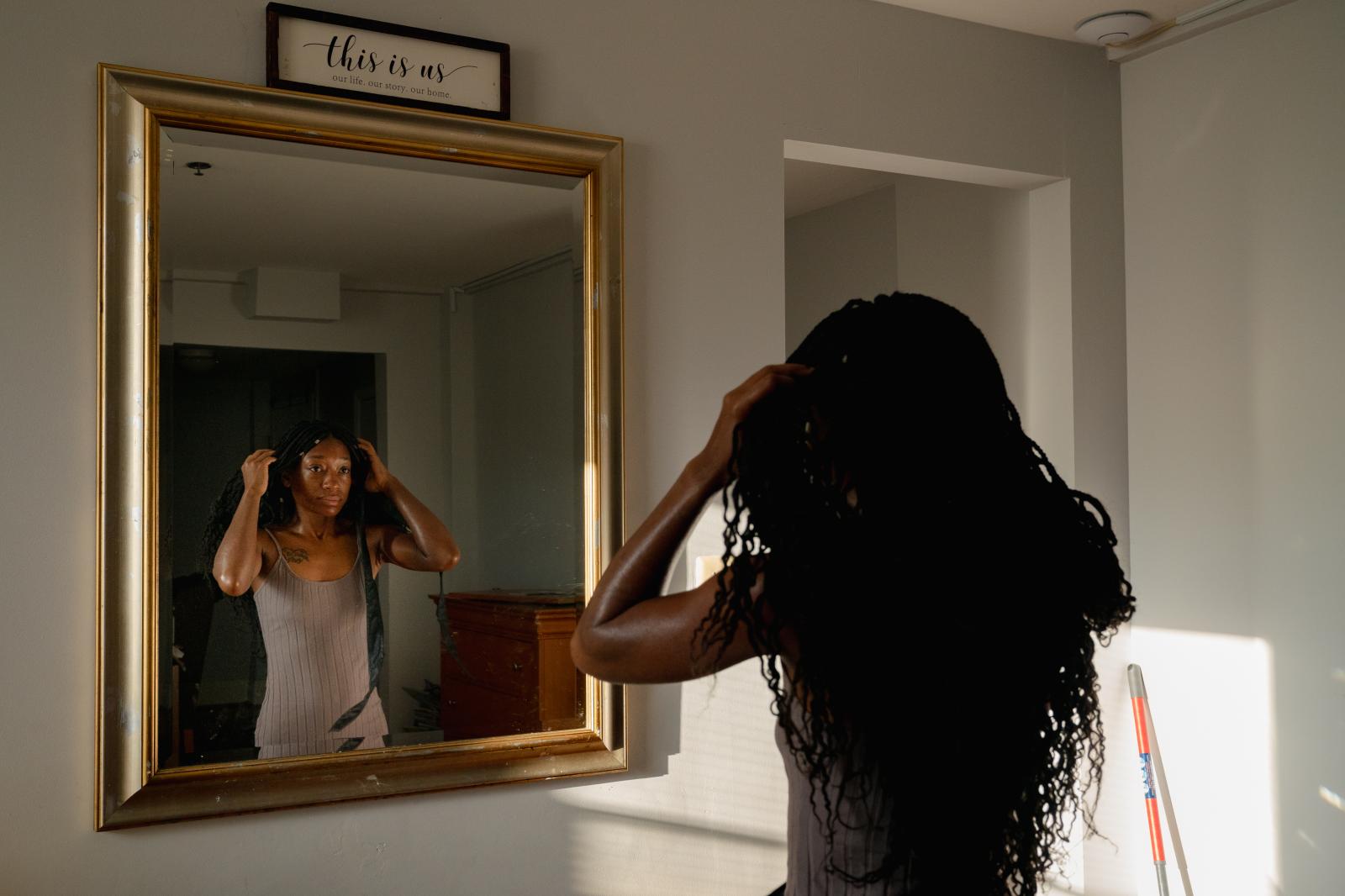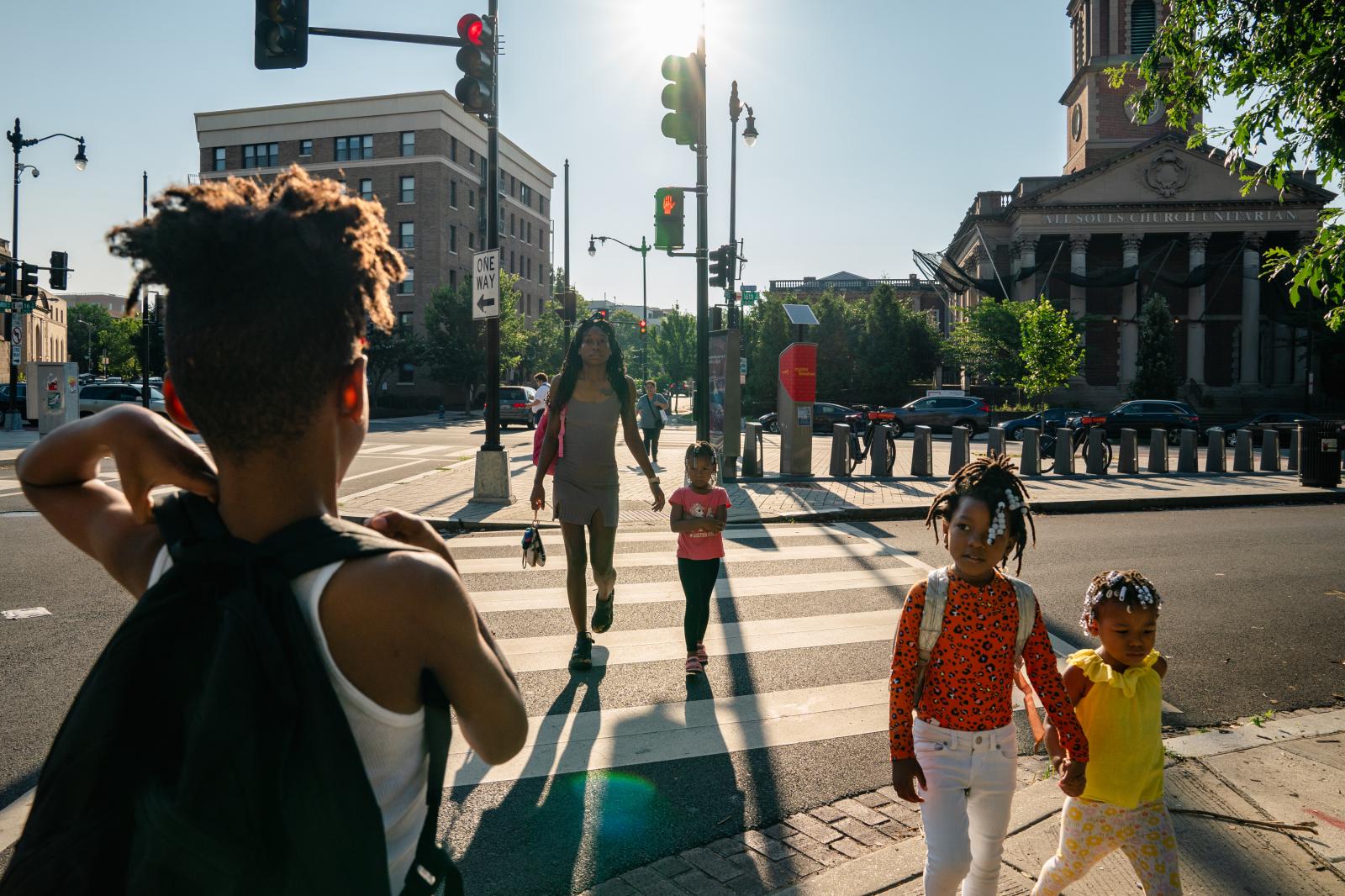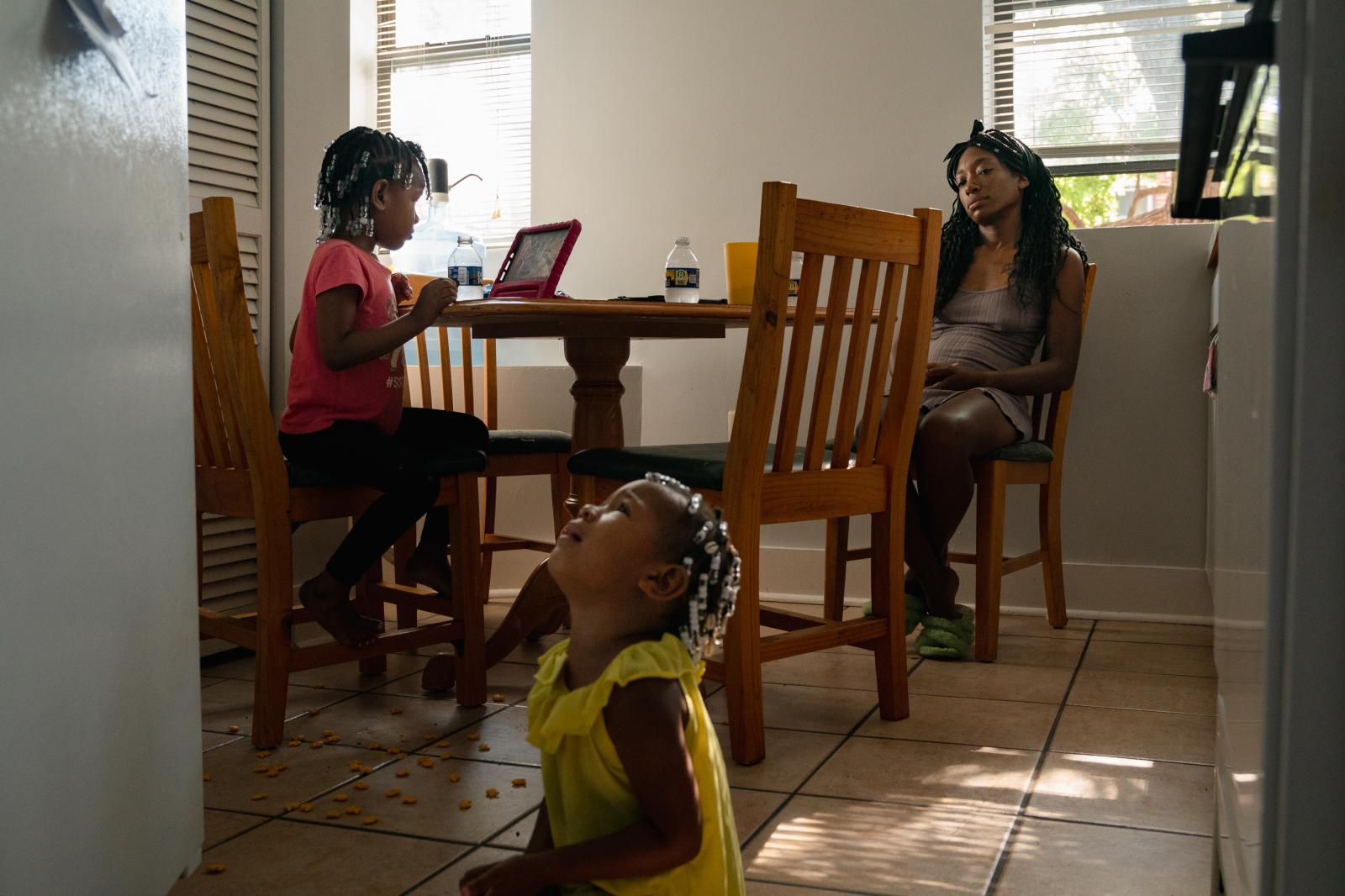Public Project
For Bloomberg: The Spike in Homelessness in US Cities Isn’t Slowing Down
Family homelessness in the US is on the rise in an alarming sign of how the increasing cost of goods, the ever-tightening housing supply and the end of most pandemic-era benefits are putting pressure on Americans.
Some 72,700 people in families with children were experiencing homelessness in 20 of the largest cities in the nation as of January, a 37.6% jump from a year before, according to an analysis of data provided by jurisdictions.
The latest estimates illustrate the worrisome direction family homelessness is headed — all as eviction bans, stimulus payments and enhanced food and child-care programs expire. Families of color also tend to be disproportionately affected, with Black Americans making up half of those experiencing family homelessness, according to The Housing & Urban Development Department.
Among those homeless in the nation’s capital is Mercedez Milling, a 28-year-old single mother of four. She delivered packages and worked at a pizza shop during the pandemic, but experienced homelessness during that time and bounced between living in her car and staying with family.
She and her children have been living in a Salvation Army transitional housing program with some 25 other families for most of this year — and Milling is taking personal finance and workforce development classes. But one big obstacle is stopping her from getting a job: She gave birth to her youngest at her mother’s home during the pandemic and never received an official birth certificate. Without it, she’s unable to sign her daughter up for child care.
While policies like right-to-shelter — which guarantee families a place to sleep at night — exist in cities like New York, Boston, and DC, many households in other parts of the country are left to navigate homelessness on their own.
Photo Editor: Eugene Reznik
Reporter: Augusta Saraiva
2,742










